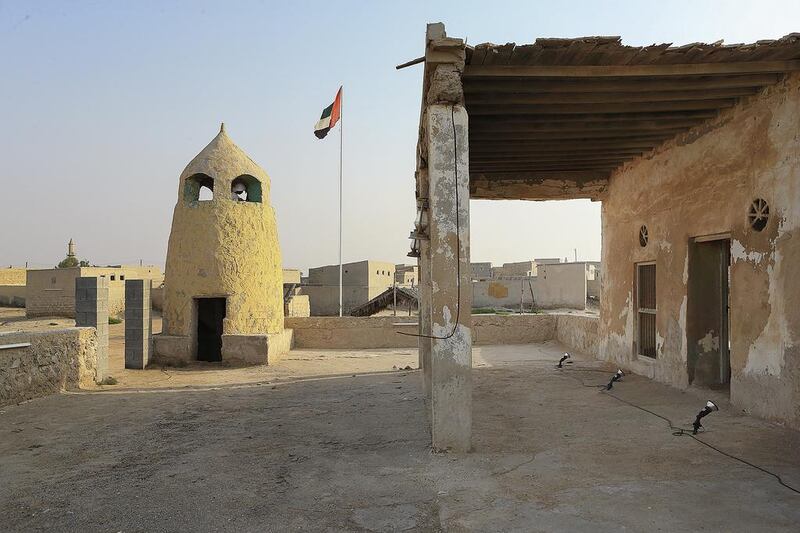Over the years, I have often suggested that there is a need for expatriate residents to learn more about the UAE. That is partly because so much of what there is to learn – about our culture, our history and heritage and our environment – is, in itself, fascinating or surprising. Just how many expatriates know, for example, that we have – or had until a few years ago – leopards in our mountains, or that, 2,000 years ago, Emirati sailors were voyaging from here to China?
At the same time, I firmly believe that the more expatriates know about the country, the more they will benefit from the years they spend here and the more they will be able to contribute to the country and its development.
I was, therefore, delighted to see recent remarks by the Minister of Culture and Knowledge Development, Sheikh Nahyan bin Mubarak, in which he expressed the view that, in this Year of Giving, it was appropriate to recognise the efforts of those who promote a greater public awareness about the history, heritage and environment of the country.
When the President, Sheikh Khalifa, announced that 2017 was to be the Year of Giving, Sheikh Nahyan said, “the Government set the goal of helping all UAE residents and citizens to make a difference in the lives they care for, and in their own lives”.
He added: “Devoting time to helping others to learn about the treasures of our environment, thereby helping all of us to understand the need to protect them, is something that is of benefit to the country as a whole.Such activity has a positive impact on society now and for the future.”
There are many ways in which that can be done. One is through taking part in what now is called “citizen science”, where ordinary members of the public take part in efforts to gain, and to disseminate knowledge, often in collaboration with experts in the relevant fields.
One such project will unfold over the next few weeks at the old coastal town of Jazirat Al Hamra in Ras Al Khaimah. It was largely abandoned over 50 years ago and, as a consequence, avoided the development of recent decades that has obliterated the old urban landscapes in other coastal towns and cities.
For some time, archaeologists from Ras Al Khaimah and academics from institutions such as New York University Abu Dhabi and the Petroleum Institute have been recording the town in detail, examining its layout, the building techniques and much more, with a view to long-term conservation and restoration. They have also been recording local legends attached to the town, such as the one that says it is haunted.
One of the projects in which NYUAD and the PI are involved is the dating of the coral blocks used in most of the buildings. Some of that coral appears to be well over 300 years old. Next month, NYUAD’s marine biology laboratory will be working on-site with volunteers from the Emirates Natural History Group to undertake more surveys – with a special online training programme being provided in advance.
Those citizen scientists able to take advantage of the opportunity, whether expatriates or Emiratis, will gain a better understanding of this aspect of our heritage. The academics will benefit both from the additional knowledge gained and from the opportunity to reach out to the wider community. And the Year of Giving will benefit from an imaginative project that goes beyond simply “giving”, valuable though that is, to extend into education and learning.
While Sheikh Nahyan’s words quoted above weren’t aimed specifically at this project, it is, I feel, one that meets the objectives he cited. Perhaps in the future, we will see the Ministry of Culture and Knowledge Development, as well as other government institutions, collaborating with and initiating other projects of this kind. After all, as Sheikh Nahyan has noted, culture is for all.
Peter Hellyer is a consultant specialising in the UAE’s history and culture





